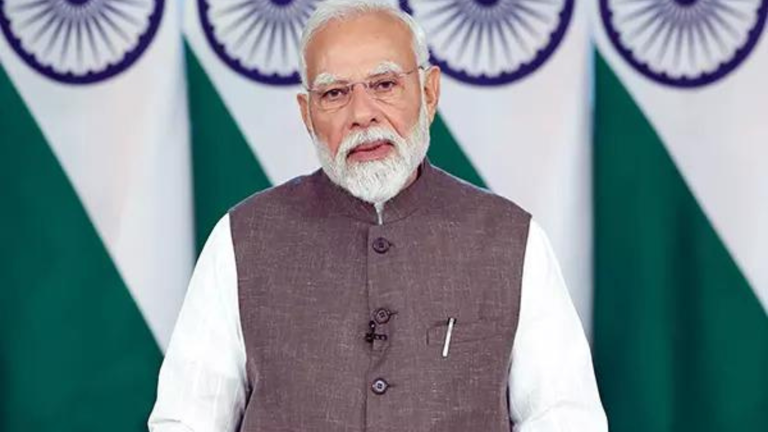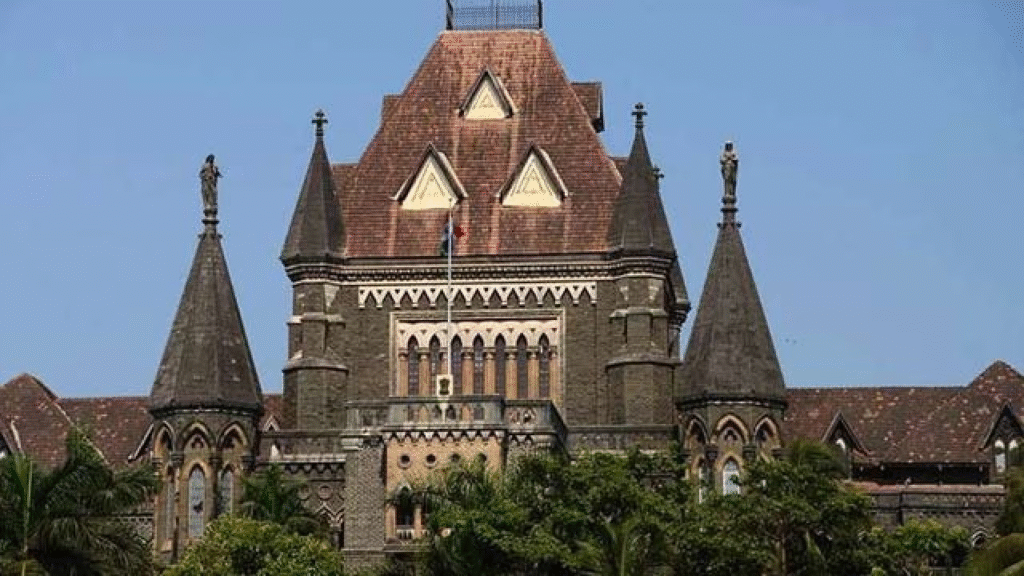General Michael Kurilla Calls Pakistan a “Phenomenal Partner” in Fight Against ISIS-K
In a significant geopolitical statement, General Michael Kurilla, Chief of the United States Central Command (CENTCOM), has described Pakistan as a “phenomenal partner” in the global counter-terrorism effort, particularly in the battle against ISIS-Khorasan (ISIS-K). Speaking at a high-level briefing, Kurilla praised Pakistan’s intelligence-sharing, operational cooperation, and direct action against ISIS-K operatives, including the capture of Mohammad Sharifullah (alias Jafar)—a key planner of the 2021 Kabul airport bombing that killed 13 American service members.
Kurilla revealed that Pakistan Army Chief Asim Munir personally informed him of Jafar’s arrest and offered his extradition to the United States, signaling high-level coordination between the two militaries. At a time when regional security concerns are intensifying, Kurilla’s remarks highlight Washington’s dual-engagement strategy with both India and Pakistan, despite ongoing skepticism from New Delhi regarding Islamabad’s long-term intentions.
US Commends Pakistan’s Role in ISIS-K Operations Amid High Domestic Terror Toll
General Kurilla’s praise centers on Pakistan’s aggressive operations against ISIS-K, a group that has emerged as a serious regional threat in South Asia. Kurilla said that Pakistan’s forces have killed dozens of ISIS-K fighters and captured five high-value targets, including Jafar, since 2024. These operations, according to CENTCOM, were made possible through joint intelligence coordination and tactical collaboration with the United States.
Kurilla emphasized that Pakistan is not just a passive partner, but is “actively fighting terrorism” on its western borders, where it has reportedly suffered over 1,000 terror attacks in 2024 alone. These attacks have resulted in heavy casualties among civilians and security personnel, particularly in regions bordering Afghanistan and Iran. This domestic toll, Kurilla argued, reflects the continued threat faced by Pakistan itself and justifies its inclusion as a major counter-terrorism ally.
"Ties with India cannot cost ties with Pakistan" : US' doublespeak on terror exposed as Trump's top General backs relations with Pakistan
— Megh Updates 🚨™ (@MeghUpdates) June 11, 2025
Meanwhile FBI Chief Kash Patel today informed that a Pakistani terrorist has been extradited today from Canada for helping ISIS to conduct an… pic.twitter.com/xoXH1kCY7D
The arrest of Mohammad Sharifullah, directly linked to one of the most tragic episodes in recent US military history, was a pivotal moment in this cooperation. Kurilla shared that Pakistan offered his extradition without delay, underlining mutual interests in dismantling transnational terror networks. The announcement came alongside an update from FBI Chief Kash Patel, who confirmed the extradition of another Pakistani ISIS operative from Canada, reinforcing a broader web of anti-terror collaboration.
US Emphasizes Balanced Relations with India and Pakistan Despite Criticism
Kurilla’s remarks also reflect the US’s strategic balancing act in South Asia, where it seeks to maintain strong defense and intelligence ties with India, while continuing operational cooperation with Pakistan. He stated unequivocally:
“It is not a binary choice where having one relationship excludes the other.”
This balanced approach is consistent with Washington’s view that both India and Pakistan are critical regional actors in ensuring long-term stability and counter-terror success. However, the comments have sparked criticism among Indian strategic circles, where many see this policy as “diplomatic doublespeak”, especially considering Pakistan’s past record of harboring groups linked to terrorism in Kashmir and beyond.
Despite Indian reservations, the US appears committed to a pragmatic dual-engagement model. Kurilla’s testimony signals that while Washington values its growing defense and tech partnership with New Delhi, it cannot afford to alienate Islamabad—particularly when it comes to intelligence access, border security, and counter-ISIS efforts. This comes at a time when US policymakers are recalibrating regional security frameworks post-Afghanistan withdrawal. In this context, Pakistan’s geographic positioning, internal challenges, and intelligence infrastructure make it a strategic necessity, even amid diplomatic tensions.
General Michael Kurilla’s statements underscore the evolving complexity of US-Pakistan-India dynamics in the global war on terror. While India remains a key strategic partner, Pakistan’s counter-terror performance—especially against ISIS-K—is being publicly acknowledged and valued. The message from CENTCOM is clear: effective counter-terrorism requires cooperation from all stakeholders, even those with a contentious past. The challenge for US diplomacy now lies in maintaining credibility with both partners without compromising on core security objectives.





















